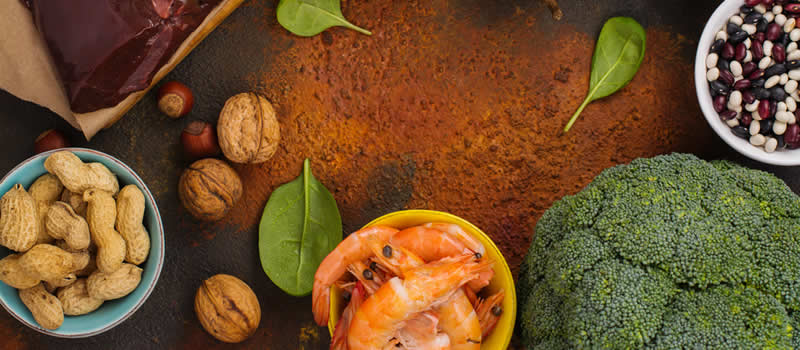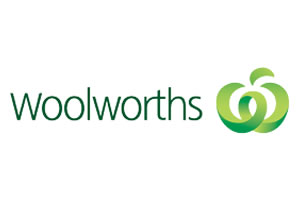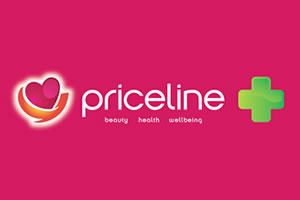Folic Acid
Published November 22, 2012

What is Folic Acid?
Folic acid is an essential nutrient that’s part of the vitamin B family. It helps to regulate cell division in the body. We get a form of folic acid known as folates from certain foods.
Why your body needs Folic Acid
The most important benefit of folic acid is to the development of an unborn child. It’s vital that women in early pregnancy have enough folic acid, as it can help reduce the risk of spinal cord defects, such as spina bifida.
Beyond pregnancy, by maintaining normal cell production, folic acid can help keep your skin, mucous membranes and blood cells healthy.
Nerve and blood vessel damage that affect the heart are also made less likely.
Dietary sources of Folic Acid
Good sources of folic acid include fortified foods, including some breads, breakfast cereals, juices, biscuits and flour – check the packaging. Other good sources include liver, kidneys, green leafy vegetables, broccoli, asparagus, mushrooms, beans, peas, lentils and nuts.
If you don’t eat enough folate-rich foods, taking a folic acid supplement could be beneficial.
If you have low vitamin B12 or zinc levels, your body’s ability to absorb and use folic acid may be reduced. Some medications can also deplete folate levels.
Women planning a family should take a folic acid supplement for at least one month before getting pregnant and throughout the pregnancy.
If symptoms persist, seek advice from your healthcare professional.



